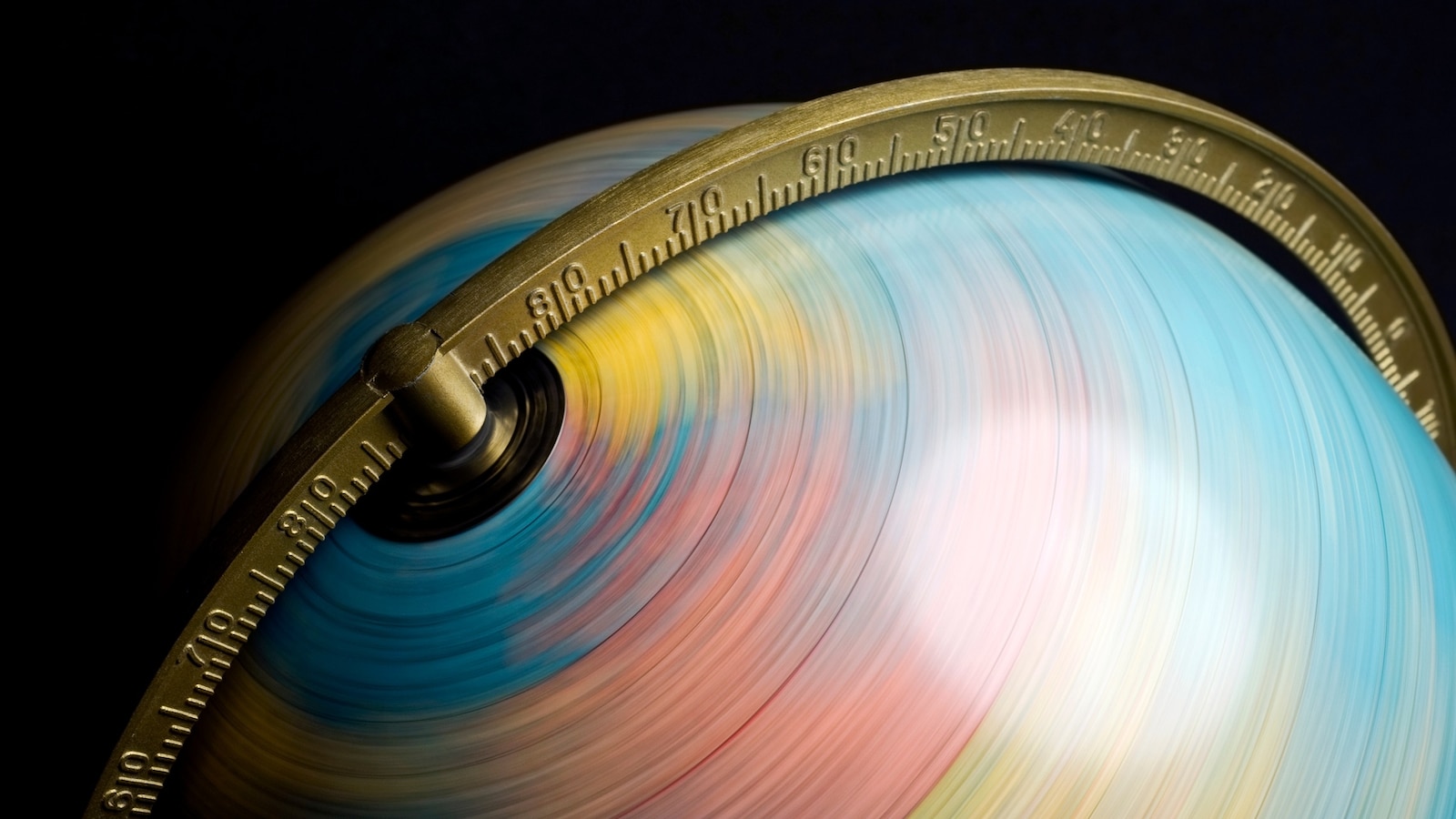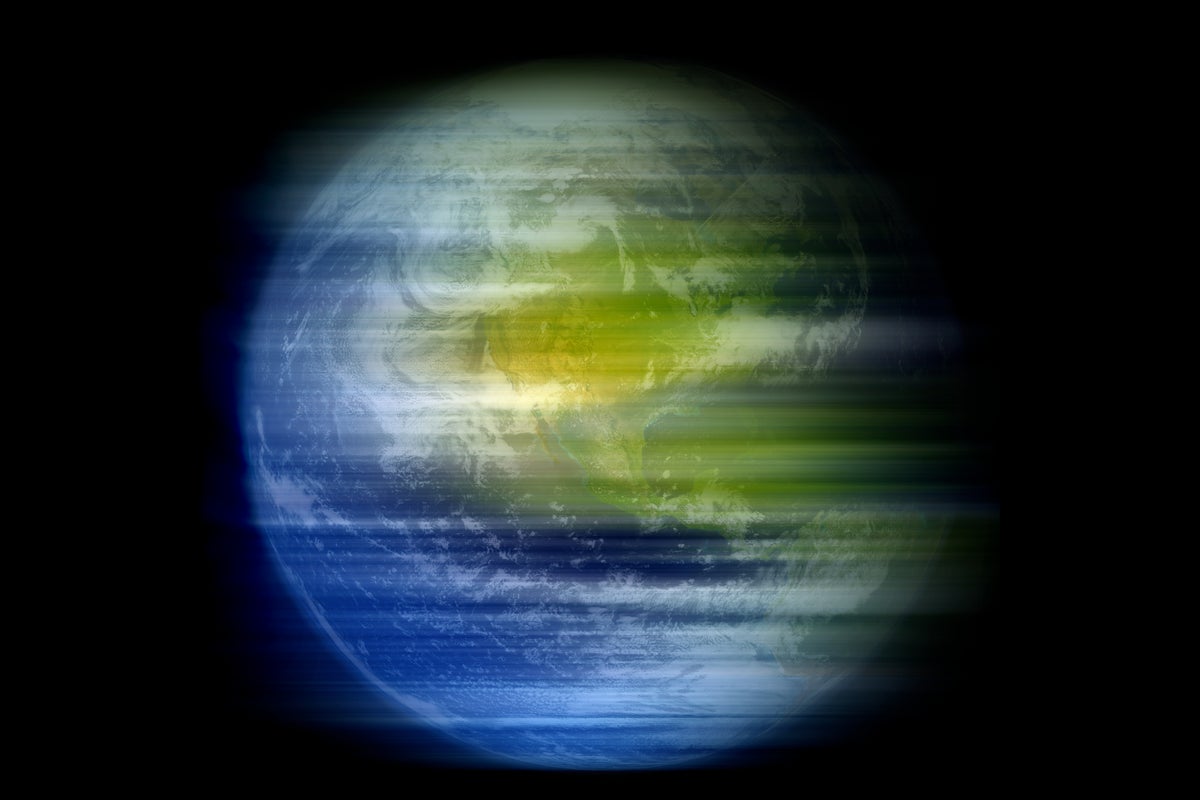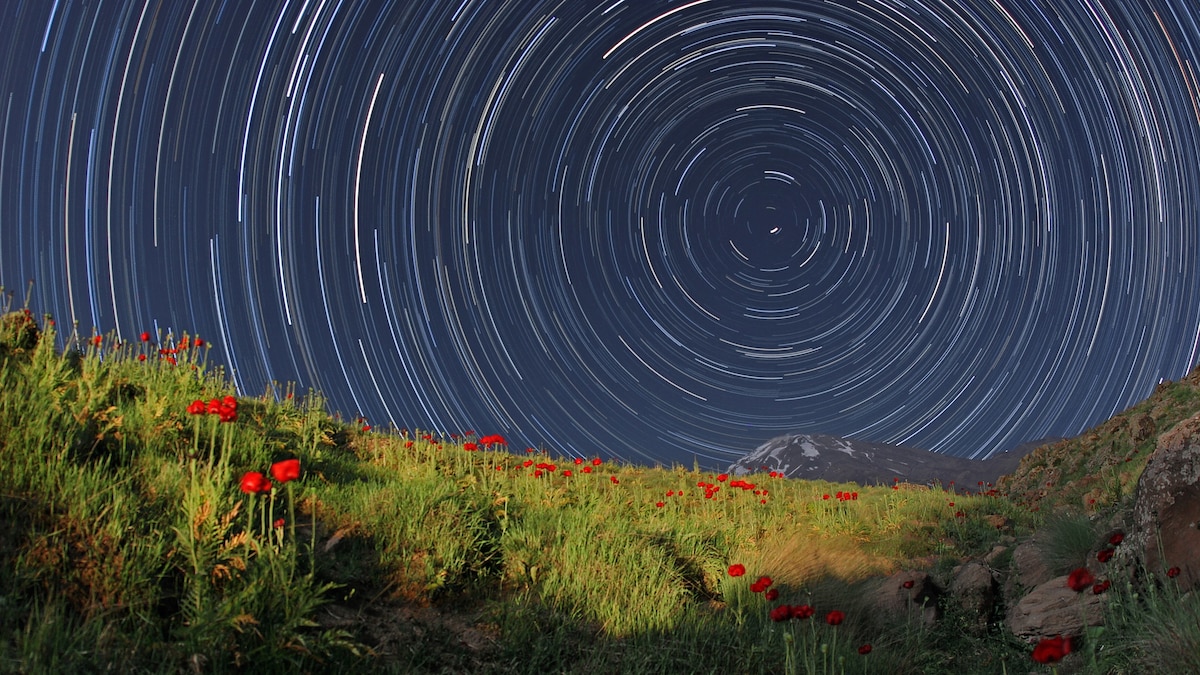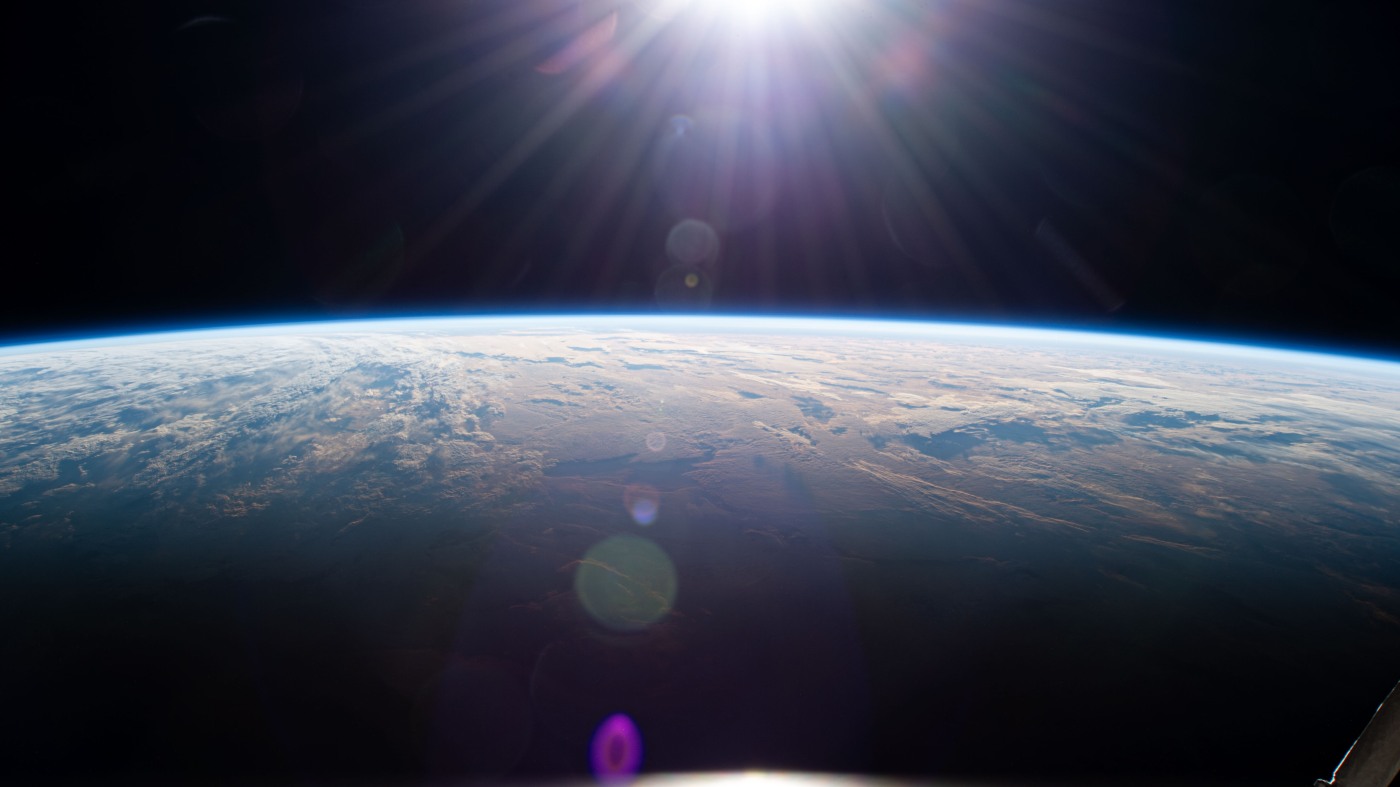T4K3.news
Shortest day recorded tomorrow as Earth spins faster
Scientists predict July 22 will be the shortest day as Earth's rotation reaches new speeds.

A remarkable phenomenon is set to occur as Earth experiences its fastest rotation yet.
Shortest day in history arrives as Earth's rotation speeds up
Scientists have reported that July 22 may mark the shortest day on record, as Earth continues to spin faster than before. On July 9, the planet completed its rotation 1.3 milliseconds shorter than the usual 24-hour period. Just a day later, this time decreased further to 1.36 milliseconds. This acceleration is linked to various factors, including gravitational shifts from the moon and changes in the Earth's core. NASA's research suggests that this unusual speed could impact satellite systems and global timekeeping, with the possibility of a negative leap second being added to clocks by 2029.
Key Takeaways
"Earth's rotation has continued to pick up speed."
Evidence of Earth speeding up reveals ongoing changes in its rotation.
"This year's acceleration is actually a result of Earth hitting the moon's 'orbital sweet spot.'"
This highlights the influence of the moon on our planet's movements.
"The fastest day recorded so far was just over one year ago on July 5, 2024."
This illustrates recent fluctuations in Earth's rotational speed.
This phenomenon of Earth speeding up is not just an astronomical curiosity. It highlights the delicate balance of forces at play on our planet. As scientists delve deeper, they may uncover important insights into how our environment and celestial mechanics influence time itself. The consequences of these changes are vast, potentially affecting technology that relies on precise measurements of time, such as GPS systems. As Earth continues to act unpredictably, researchers must adapt and rethink how we measure and comprehend time on a global scale.
Highlights
- July 22 will be a day to remember as Earth speeds ahead.
- Earth is spinning faster than we could ever measure.
- The moon's influence on Earth's rotation is astonishing.
- This is a cosmic dance changing how we keep time.
Concerns over timekeeping accuracy
The rapid changes in Earth's rotation could disrupt GPS systems and affect how we measure time, leading to potential confusion and misalignments in technology.
The future of timekeeping might be more uncertain than we ever thought possible.
Enjoyed this? Let your friends know!
Related News

July 22 will be second-shortest day of the year

Earth's rotation speeds up, affecting timekeeping

Earth may experience one of its shortest days

Earth's rotation speeds up again

Earth's rotation experiences troubling acceleration

Earth's days getting shorter impacts technology

Scientists warn of disruptions from Earth's faster rotation

Scientists warn of disaster from Earth's spinning speed increase
